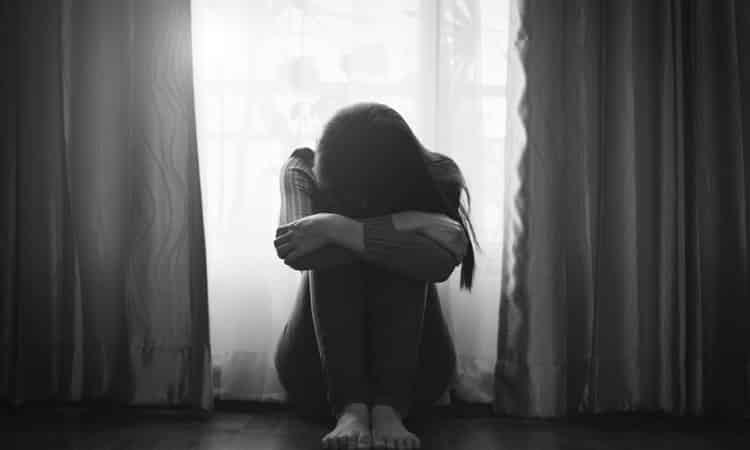02 Mar The Sizable Wake of Exploitation
 *Empower Her Network refers to survivors we work with as Harriet to protect their identity.
*Empower Her Network refers to survivors we work with as Harriet to protect their identity.
When collaborating with a survivor of human trafficking, there are times an exchange punches me, taking my breath for a moment. This week I checked in on Harriet after an involved surgery that landed her 4 weeks of bedrest and asked if she knew what the root cause of the issue was. She said, “The constant abuse over all those years made it impossible to heal naturally, but I’ve been living with the pain because, you know, what else could I do?”
Just like that— gutted.
In Caring for the Trafficked Patient, Wendy L. Macias-Konstantopoulos, MD, MPH writes: … trafficked persons have less access to health care services than other people due to the hidden and controlling nature of the crime. Moreover, persons in abusive, exploitative situations prioritize activities focused on day-to-day survival over maintenance activities for overall well-being. These priorities explain trafficking victims and survivors’ greater use of complaint-based episodic acute care services (e.g., minute clinics, urgent care centers, and emergency departments) rather than long-term comprehensive primary care services.
Think about it. Survivors don’t trust people in authority, or in general. They are in survival mode for years, and even after they are in the safe space of a shelter or program, their priority is not their own health. Their priority is getting out of the shelter, continuing their program, and working toward independence. Survivors don’t want to rely on anyone, as people have generally let them down.
So in this case Harriet remained in chronic, crippling pain, even after securing a stable job. It took time to come to the conclusion that her physical healing was as important as her psychological healing and to trust her employer’s commitment that the job would still be there for her post-recovery. Once she obtained that clarity and comfort, it took years to save enough money to get the surgery and cover expenses for a month of healing as there is no paid leave for hourly-waged employees.
How many survivors are not seeking the healthcare they need? Their trauma often requires reconstructive and/or lock jaw surgery, STD treatment, GYN services, etc., but there are barriers to obtaining that support. How many women do not trust a doctor to touch her or treat her? How many survivors can’t take time away from their jobs without entering a poverty spiral they can’t undo. Survivors encounter a sizable wake before getting to a place of independence. And when they overcome that first wake, there’s another right behind it. And then another. These wakes are predictable and can be combated with awareness and a network of support.

